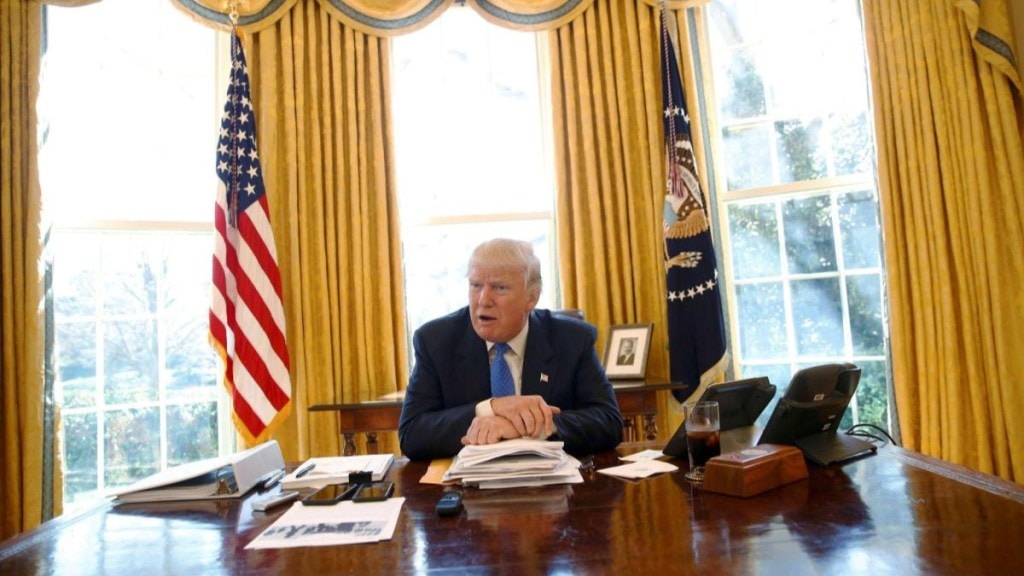In order to reshape federal communication, the Trump administration has directed agencies to limit or eliminate the use of hundreds of terms deemed “woke”, according to a report by The New York Times. The move, part of President Trump’s broader push to roll back diversity, equity and inclusion (DEI) initiatives, reflects a significant shift in official language across federal agencies.
According to the NYT report, government memos and agency guidance documents have flagged various terms for removal or restricted usage. Some directives ordered the deletion of words from public-facing websites and educational materials, while others advised agency officials to use caution when employing certain phrases. Additionally, some grant proposals and federal contracts containing flagged terms were reportedly subject to additional scrutiny.
The list of targeted words includes phrases such as “diversity”, “equity”, “systemic” and “sense of belonging”. Even seemingly neutral terms like “institutional” and “women” have reportedly been discouraged in some contexts, the NYT report stated. While the full scope of these changes remains unclear, the report noted that it had reviewed only a portion of available agency memos and many directives remain vague about what language is impermissible.
Can US Presidents make such changes in language?
Every presidential administration adjusts government language to align with its policies and it is within a president’s authority to amend or remove web pages accordingly. However, the current linguistic purge marks a stark departure from previous administrations, the report stated.
On his first day back in office, President Donald Trump signed an executive order titled “Restoring Freedom of Speech and Ending Federal Censorship”. The order emphasised that government-imposed speech restrictions were unacceptable. However, the administration’s actions contradict this stance.
According to NYT, the list of restricted words also includes “historically”, “Native American”, “health equity” and “political”. The changes have been communicated through internal memos and official directives, with some agencies instructed to remove the terms entirely, while others have been advised to use them cautiously.

